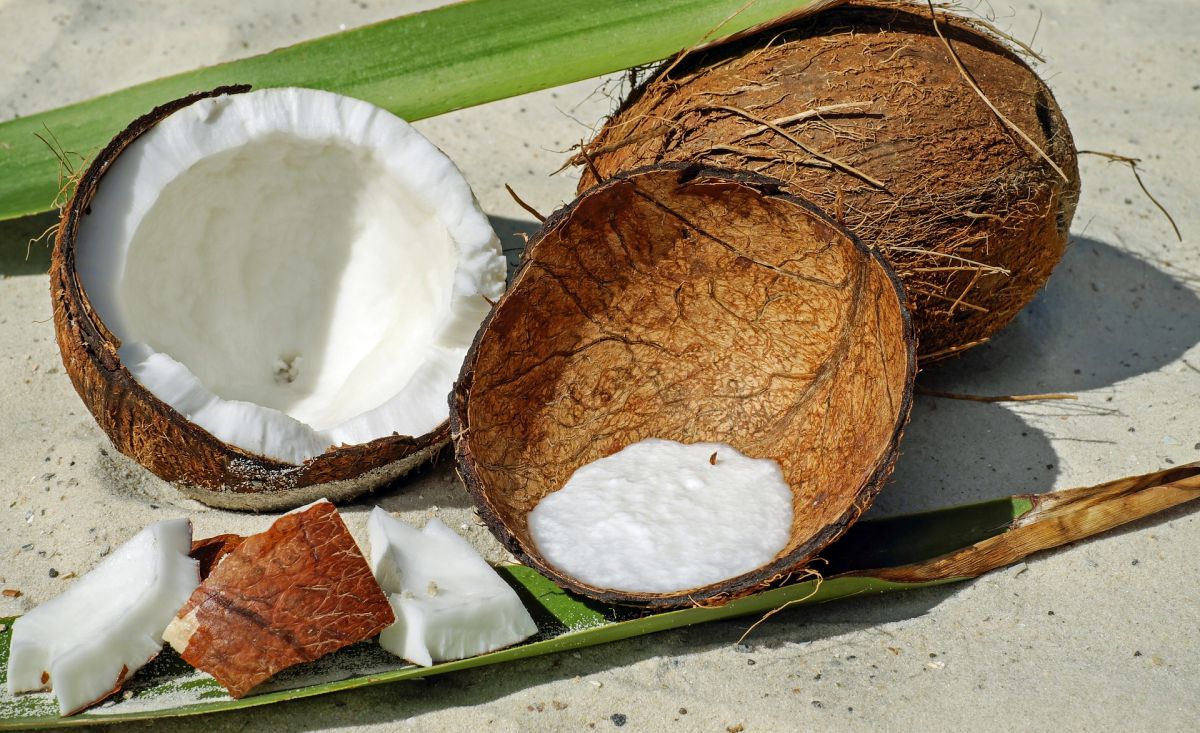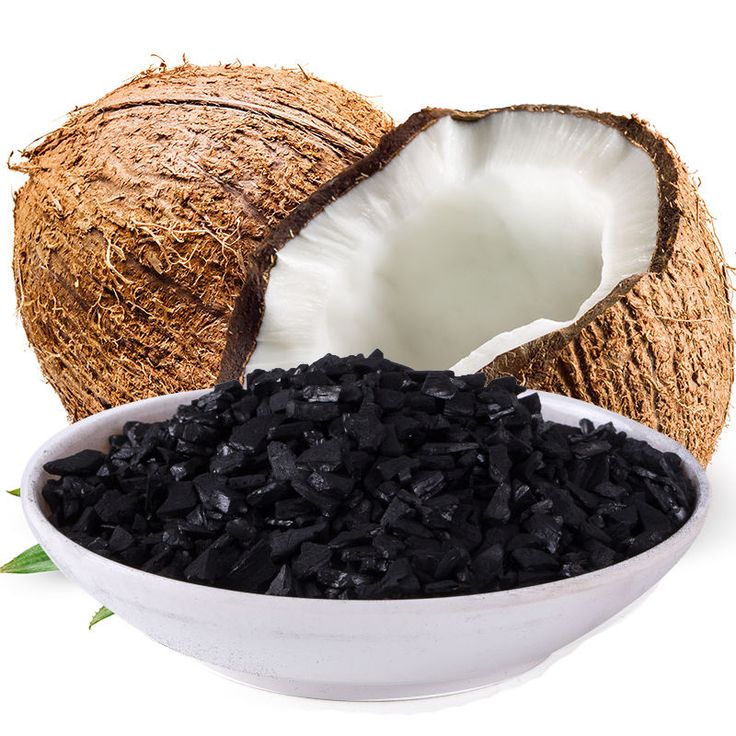Nutrient-Rich Soils, Bountiful Harvests: Coconut Shell Charcoal in Action
In the realm of sustainable agriculture, the significance of soil health cannot be overstated. As farmers and scientists continually seek innovative solutions to enhance crop productivity, coconut shell charcoal has emerged as a game-changer in promoting nutrient-rich soils and, consequently, bountiful harvests. This article delves into the transformative impact of coconut shell charcoal on soil fertility and its role in fostering sustainable farming practices. The coconut charcoal making machine plays an important role in producing coconut shell charcoal.

Coconut Shell
Understanding Coconut Shell Charcoal
Coconut shell charcoal, a byproduct of coconut processing, has long been recognized for its versatility. Traditionally known for its applications in cooking and industrial processes, this natural resource is gaining newfound attention in agriculture. The process of converting coconut shells into charcoal involves pyrolysis, a method that not only yields valuable energy but also results in a biochar rich in carbon.
What sets coconut shell charcoal apart is its porous structure, which serves as an ideal habitat for beneficial microorganisms. This characteristic is crucial for soil health as it facilitates water retention, aeration, and the creation of a thriving microbial community. Moreover, coconut shell charcoal acts as a carbon sink, sequestering carbon dioxide from the atmosphere and contributing to climate change mitigation.
Enhancing Soil Fertility
The key to successful agriculture lies in the fertility of the soil. Coconut shell charcoal excels in enhancing soil fertility through multiple mechanisms. Firstly, its porous structure acts as a reservoir for water, preventing soil erosion and promoting moisture retention. This is particularly advantageous in regions facing water scarcity, as it allows crops to withstand drought conditions and reduces the need for frequent irrigation.
Furthermore, the high carbon content of coconut shell charcoal serves as a source of stable organic matter. As the charcoal decomposes slowly, it releases essential nutrients into the soil, such as nitrogen, phosphorus, and potassium. This gradual nutrient release aligns with the natural growth patterns of plants, providing a sustained supply of vital elements throughout the crop’s life cycle. Some investors doing coconut charcoal business invest biochar equipment for sale. Because the charcoal has high quality.
The biochar’s ability to enhance cation exchange capacity (CEC) is another pivotal aspect of its soil enrichment capabilities. CEC refers to the soil’s capacity to hold and exchange essential nutrients with plant roots. Coconut shell charcoal’s porous structure increases the soil’s CEC, ensuring efficient nutrient absorption by plants and reducing nutrient leaching.

Coconut Shell to Charcoal
Microbial Harmony in the Soil
A healthy soil ecosystem relies on the balance of microorganisms that contribute to nutrient cycling and disease suppression. Coconut shell charcoal fosters microbial harmony in the soil by providing a conducive environment for beneficial bacteria and fungi. These microorganisms play a vital role in decomposing organic matter, fixing nitrogen, and enhancing soil structure.
The porous nature of coconut shell charcoal serves as a refuge for these microorganisms, protecting them from adverse environmental conditions and predators. This microbial diversity not only contributes to nutrient availability but also acts as a natural defense mechanism against harmful pathogens. As a result, farmers practicing coconut shell charcoal application often observe a reduction in the need for synthetic pesticides, leading to a more ecologically sustainable farming approach.
Case Studies and Real-world Applications
Several case studies around the globe highlight the tangible benefits of incorporating coconut shell charcoal into agricultural practices. In a coconut plantation in Southeast Asia, for instance, farmers witnessed a remarkable increase in crop yield after adopting coconut shell charcoal as a soil amendment. The enhanced water retention properties of the biochar proved particularly beneficial during periods of drought, ensuring the continuous growth and development of coconut palms.
Similarly, in other crop systems, such as rice paddies and vegetable farms, coconut shell charcoal has demonstrated its effectiveness in improving soil structure and fertility. The positive outcomes extend beyond yield increases to include reduced greenhouse gas emissions, as the biochar sequesters carbon and mitigates the environmental impact of farming activities.
Challenges and Considerations
While the benefits of coconut shell charcoal in agriculture are substantial, it’s essential to consider potential challenges and limitations. One key consideration is the variability in biochar quality, which can be influenced by factors such as pyrolysis temperature and feedstock characteristics. Farmers must ensure the use of high-quality coconut shell charcoal to maximize its positive effects on soil health.
Moreover, the long-term impact of coconut shell charcoal on soil dynamics requires continuous monitoring and research. Understanding its interactions with different soil types, climates, and crop varieties is crucial for optimizing application rates and methods. Collaborative efforts between farmers, researchers, and agricultural extension services can contribute to a more nuanced understanding of the challenges and opportunities associated with coconut shell charcoal use in diverse agricultural contexts.
Conclusion
In conclusion, the integration of coconut shell charcoal into agricultural practices represents a promising avenue for promoting nutrient-rich soils and achieving bountiful harvests. Its multifaceted benefits, from enhancing water retention and nutrient availability to fostering a diverse and resilient microbial community, position coconut shell charcoal as a valuable tool in sustainable farming. View the biochar pyrolysis machine to get more information about parameters. Learn about this product before making charcoal.
As we navigate the complexities of modern agriculture, embracing innovations that prioritize soil health and environmental sustainability is paramount. Coconut shell charcoal stands as a testament to the potential inherent in repurposing natural resources to address the challenges of feeding a growing global population while safeguarding the planet’s ecosystems. Through continued research, education, and on-the-ground application, coconut shell charcoal can play a pivotal role in shaping the future of agriculture, where nutrient-rich soils pave the way for bountiful and sustainable harvests.
